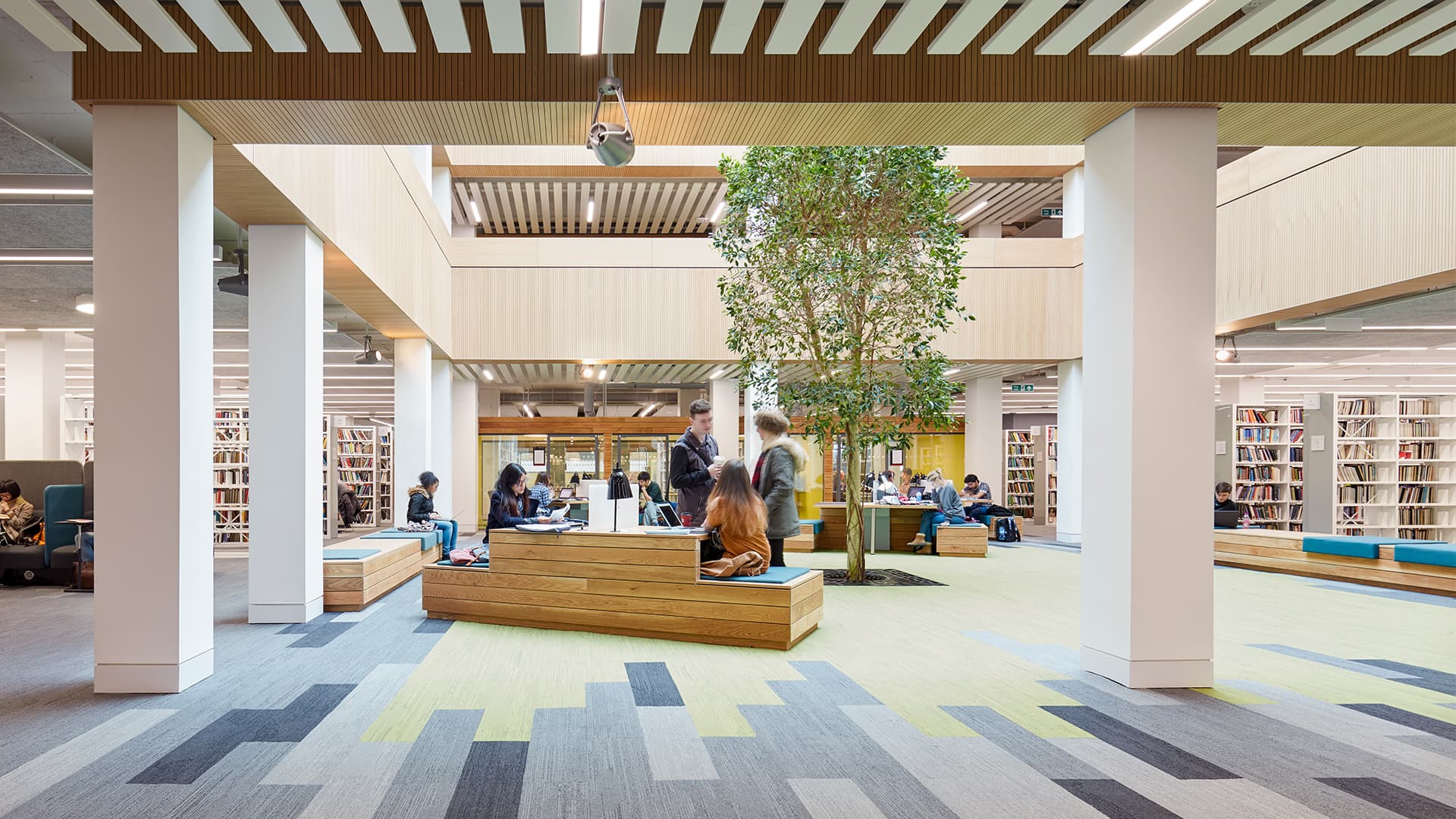Lancaster University declared a climate emergency in 2020 and has an ambitious strategy to achieve a goal of net zero carbon emissions by 2035.
The Library works closely with the University's Sustainability Team and is a member of University's Sustainability Board and Sustainability Steering Group.
We align our environmental sustainability work around three themes: Building and Spaces, Service Delivery and Education and Engagement.






